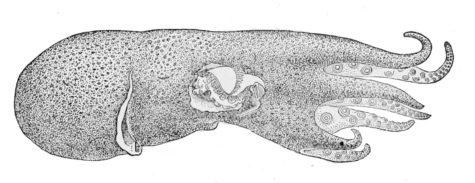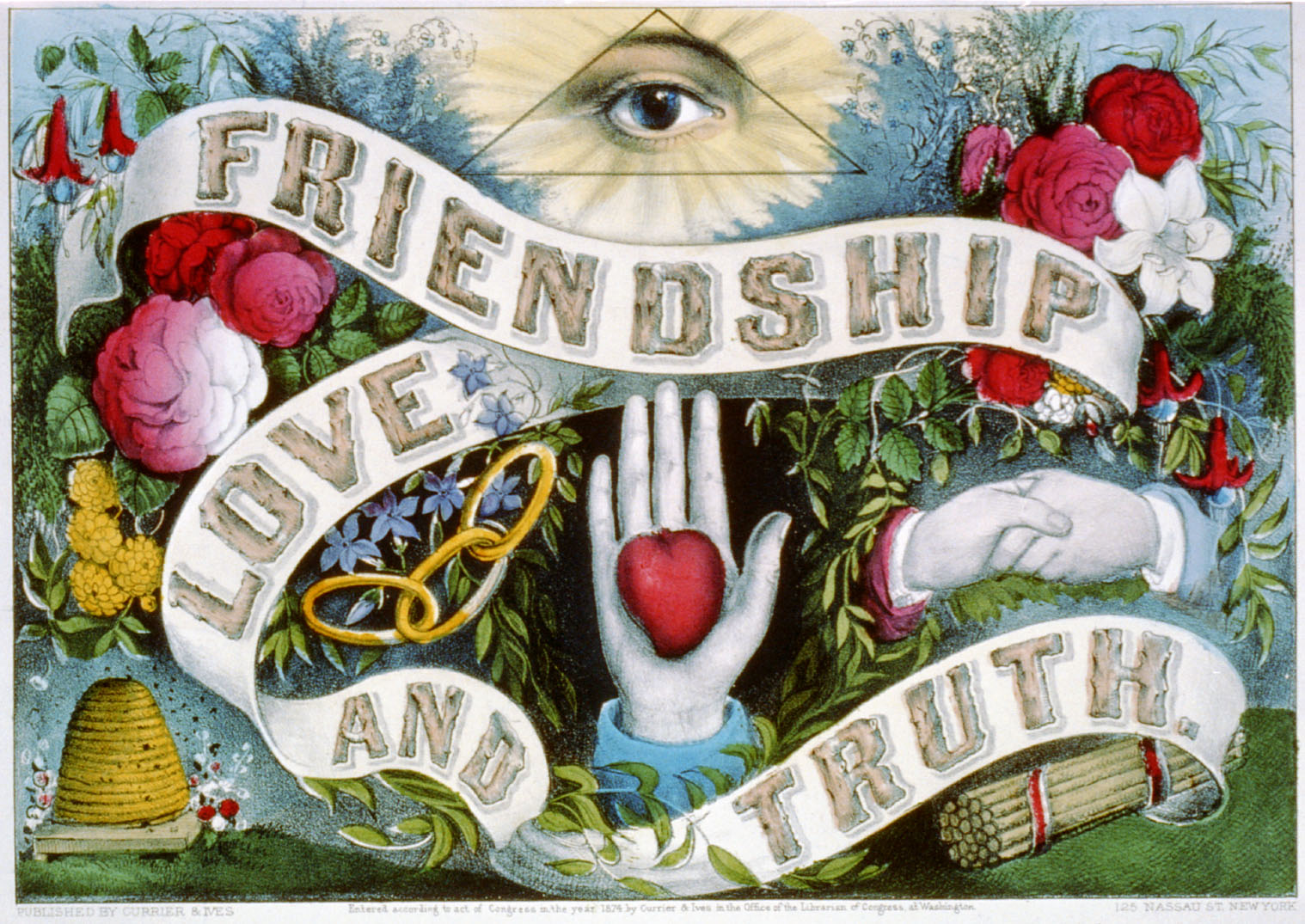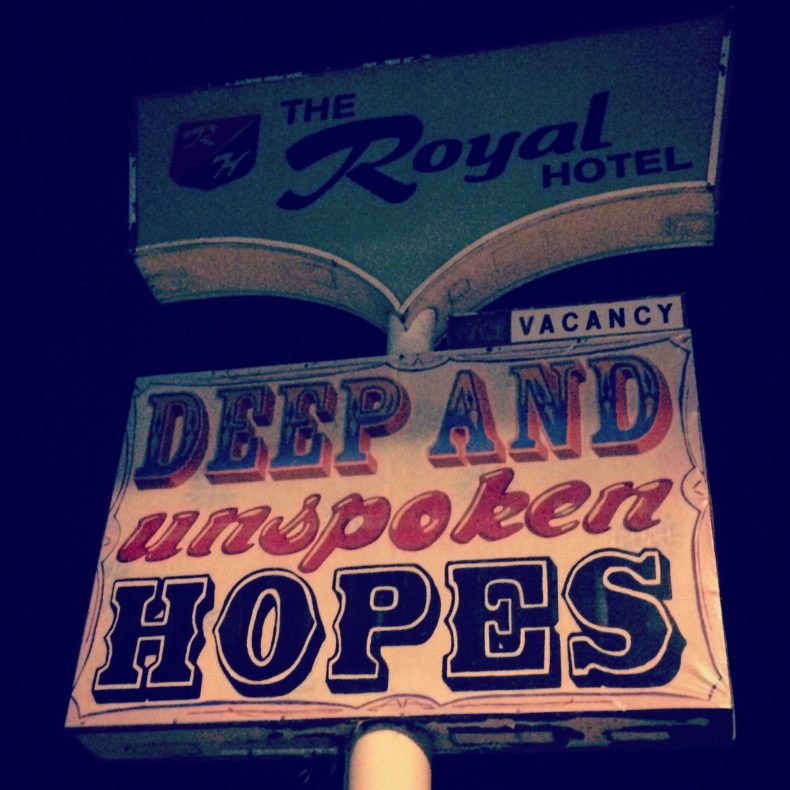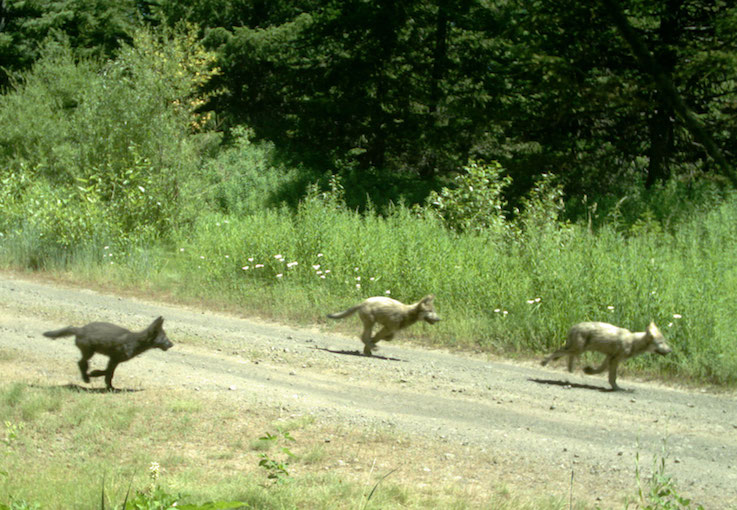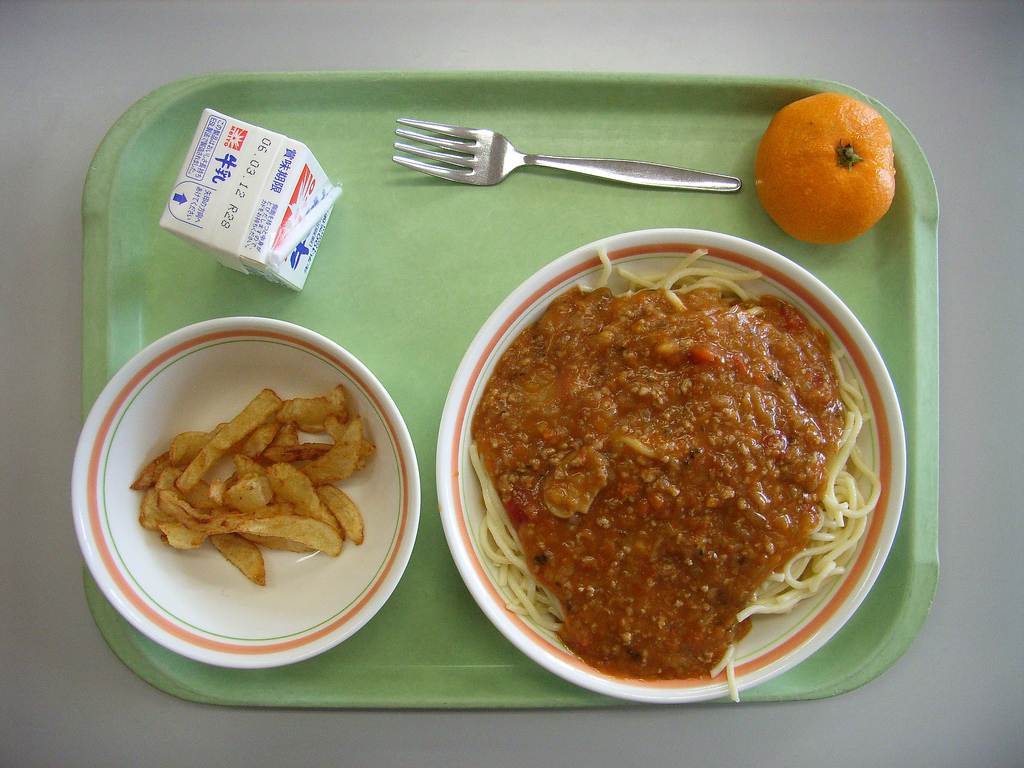
I’ve spent a lot of time giving talks at elementary and middle schools recently, as I’m touring for my new book Unlikely Friendships DOGS (yes, that’s yet another shameless plug).
Wandering those halls, with their shiny mopped floors and florescent lighting, draws up so many strange feelings—like that first-day flip-gut excitement (School! New books! Friends! Chalk!) followed by the inevitable rush of fear (School! Overdue books! Judgmental friends! Embarrassing chalk incident in 6th grade math!) topped off by a dribble of melancholy (I’m old now and everything hurts), plus a bunch of emotions that are too hard for this tour-weary writer to explain.
The most powerful moment of familiarity, though, comes with a smell. Humans, after all, can detect a trillion different odors with our six million or so odor receptors, of which there are 400 different types. So, even if dogs have something like 300 million to our six, a little schnoz hubris is in order. We have plenty of molecular know-how to pick up what’s cookin’.
What’s cookin’ in this case (see what I did there?) is whatever’s for lunch in the school cafeteria. It’s the “hot lunch,” as it was known at my ES. (“Cold lunch” meant you brought it in a bag or box [boy do I wish I’d saved the latter–Scooby Doo, of course] and had a blue token to get a milk. And whatever was in your bag, including the smushed PB&J, you probably traded for something else.) There is no odor quite like school hot lunch, and it seems to be exactly the same in every hall of education I’ve been in. Continue reading
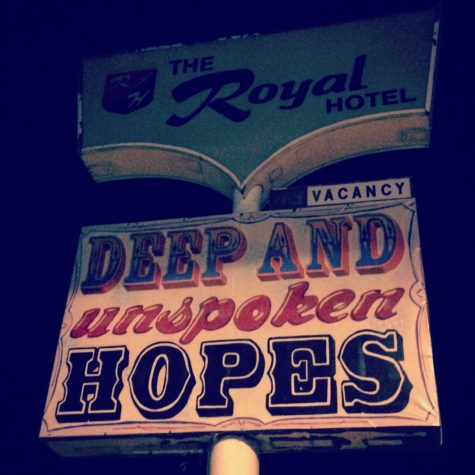 October 31 – November 4, 2016
October 31 – November 4, 2016